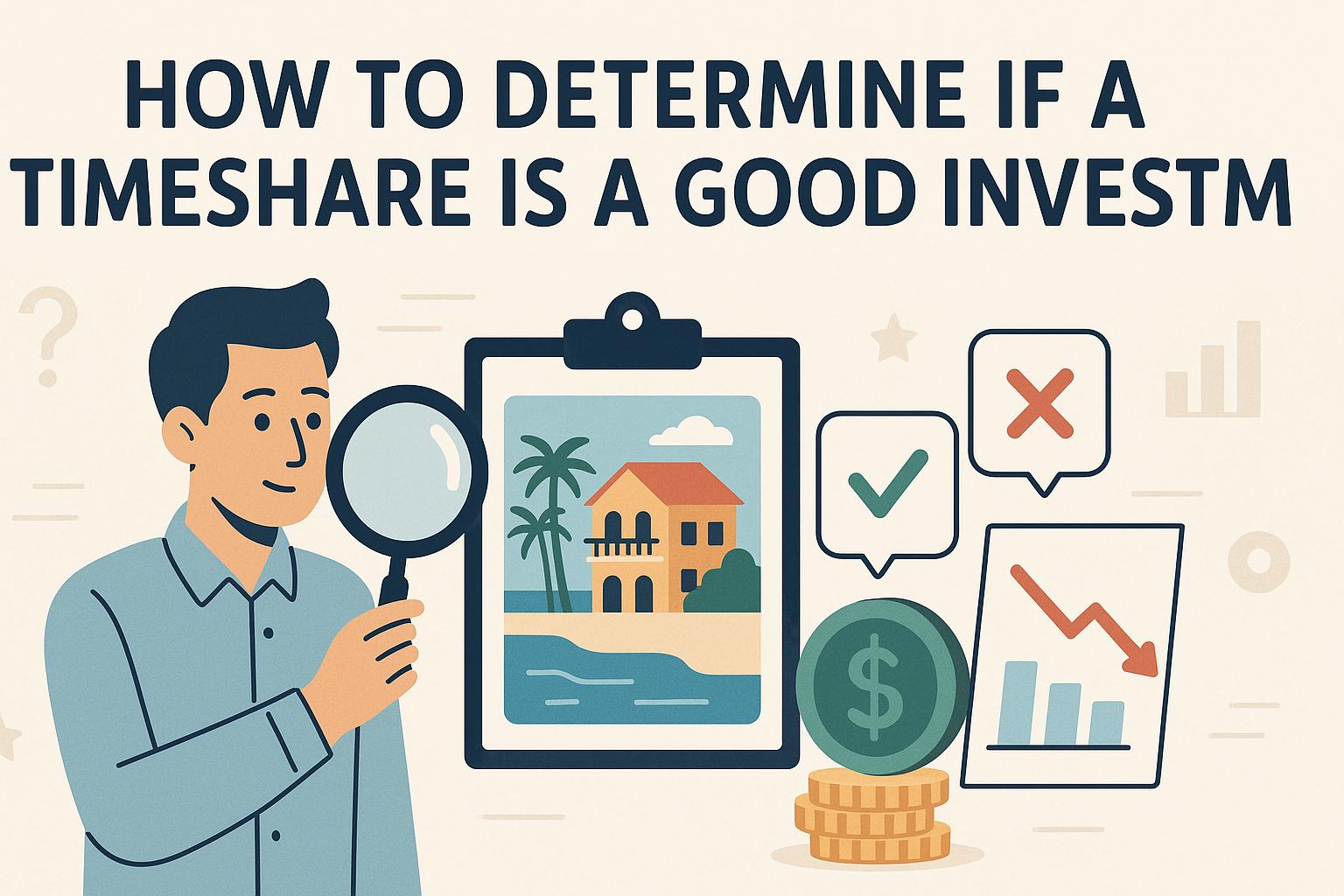Understanding Timeshares and Their Structure
A timeshare typically involves a property that is shared by multiple owners who have divided rights to use it. These properties are often resort condominium units, structured in a way that allows each owner usage rights for a specific period – generally one week per year. This arrangement can be based on just time or a combination of time and ownership. The concept allows for multiple owners to enjoy vacation property without the need to bear the full costs of ownership year-round.
The essence of timesharing is similar to fractional ownership, where the purchase cost and property maintenance dues are split between owners. This allows individuals to enjoy amenities and locations otherwise financially unattainable. Although this might sound enticing, it is vital to dig deeper into the inner workings of timeshares to understand if this investment suits one’s lifestyle and financial goals.
Evaluating the Financial Aspect
Deciding to invest in a timeshare requires a comprehensive look into its financial implications. Much like other consumer goods, timeshares do not appreciate in value over time the way some real estate does. Therefore, deliberating on the fiscal aspects is imperative.
Initial Purchase Price and Maintenance Fees
The initial acquisition of a timeshare is often costly. In conjunction with the upfront cost, timeshare owners are required to pay annual maintenance fees. These fees encompass property upkeep, administrative costs, and occasional renovations. Over the years, these maintenance fees tend to increase, which can significantly impact one’s budget. It’s essential for potential buyers to assess whether these costs are justifiable considering their budget and planned use of the property.
The financial structure for the maintenance of timeshares also means that unexpected hikes in fees can occur due to unforeseen circumstances like significant repairs, which could strain your finances. Prospective buyers must carefully weigh whether the anticipated use of the timeshare justifies the ongoing financial commitment.
Resale Value
Another crucial financial factor is understanding the timeshare’s resale value. Timeshares are notorious for depreciating rapidly, akin to how vehicles lose value the moment they leave a showroom. Prior to buying, research similar properties and what they have resold for. Having realistic expectations about potential appreciation or, more realistically, depreciation, is fundamental to making an informed decision.
Moreover, the resale market for timeshares is fraught with complexities and often limited, which might mean facing a loss if you decide to sell at a later date. The demand for pre-owned timeshares is low, therefore selling at a profit or even recouping your initial investment may be challenging.
Understanding Usage and Flexibility
Before determining if a timeshare aligns with your investment goals, consider your vacation tendencies. If you have a penchant for visiting the same location yearly, a timeshare might cater to your need. If your travel plans vary, consider whether the timeshare offers the adaptability to book disparate locations at varied times. Certain timeshares come with points-based systems for greater flexibility, which can be attractive to those seeking variety.
Exchange Programs
Many timeshares participate in exchange programs allowing owners to swap their time slot at one venue for time at another, potentially anywhere across the globe. These programs afford the possibility of variety in vacation experiences. Nevertheless, availability in such programs isn’t guaranteed, and peak times or highly desirable locations might be hard to secure.
Moreover, exchange programs might entail additional costs or membership dues, which must be considered when calculating the overall worth of the timeshare. While they offer a level of flexibility, the reality of securing a spot at a dream destination may not match the promises, making it vital for potential buyers to assess the true value offered by such flexibility.
Legal and Contractual Considerations
Thoroughly investigating the contractual terms of a timeshare is crucial. Timeshare agreements can be intricate, and a firm grasp of the specifics is necessary before making a purchase. Consulting with a real estate attorney or a knowledgeable advisor can illuminate your rights and obligations as an owner.
Right to Use vs. Deeded Ownership
Timeshares typically come with either right-to-use agreements or deeded ownership. Right-to-use accords grant you the right to use the property for a set number of years, whereas deeded ownership indicates that you possess a fraction of the property itself. Understanding this distinction is pivotal as it delineates ownership rights and responsibilities, including the influence on resale value, inheritance, and contractual commitments.
With deeded ownership, the owner actually buys a portion of the property, which might lead to slightly better financial returns in some cases. Conversely, right-to-use arrangements are more like leasing, offering no actual real estate ownership. Each comes with its own terms and conditions, so potential buyers must weigh these carefully before making a decision.
Conclusion
The decision to invest in a timeshare involves a detailed examination of numerous factors, including financial liabilities, flexibility of use, and legal ramifications. While a timeshare can offer leisure and relaxation, evaluating it purely as an investment can be impractical due to factors like depreciation and continuing costs. Real estate professionals or resources such as those provided by the Consumer Financial Protection Bureau can offer further insights and assist potential buyers in navigating timeshare contracts and current market conditions effectively.

 How to determine if a timeshare is a good investment.
How to determine if a timeshare is a good investment.